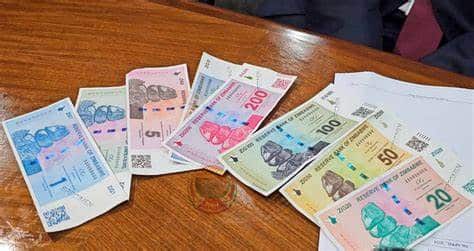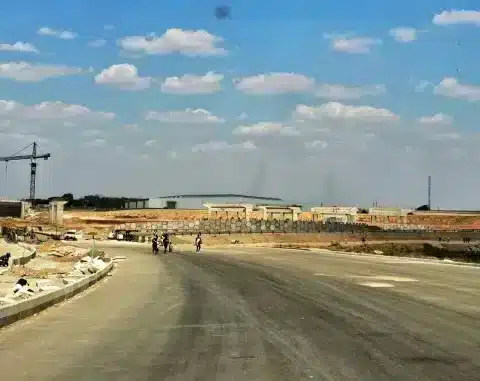Police in Zimbabwe assaulted and arrested street vendors Thursday as they defied an order from President Robert Mugabe to close up shop to make way for pedestrians and traffic. It’s the latest sign of rising tensions over the country’s ailing economy.
Despite the order, vendors continue to sell fruits, herbs, secondhand clothes and other items, conducted business as usual.
VOA saw police assault and arrest some of the vendors. However, as soon as these venders were removed, other put their goods on the streets and carried on with their sales.
Police chased Tyson Manomwe from his usual spot outside a post office. He said he and other traders are just trying to earn a living.
“If they are chasing us away from selling fruits in streets, where do they want us to go?…This is how we are surviving. This is how we earn our children’s school fees,” Manomve said.
Samuel Wadzai, director of the National Vendors Union of Zimbabwe, said vendors will continue to resist the president’s order.
“Vendors are not criminals. These are people trying to make a living in these very harsh economic circumstances which the same government created. So they should sober up and we are not leaving because if we go home, we die of hunger,” Wazai said.
Worst slump since 2008
Zimbabwe is going through its worst economic slump since the hyperinflation of 2008 led the southern African nation to abandon its own dollar. An acute shortage of American dollars and South African rand has prompted shops to hike the price of most commodities.
Businesses say the cost of importing goods has gone up as they try to find foreign currency on the black market. “Bond notes,” a surrogate currency introduced last year, officially trades on par with the U.S. dollar. But lately, it is trading at just 50 percent of its official value.
Zimbabwe Lawyers for Human Rights said it has deployed attorneys to represent informal traders who were arrested Thursday.
With the unemployment rate estimated to be as high as 85 percent, informal trading has become the order of day in Zimbabwe, but even the street vendors are struggling.
Tinashe Gombiro, 33, said “I have been selling wares in the streets for four years now. Business has gone down now because of the cash shortages. Most people want to use debit cards or mobile money transactions when buying. If I were to accept that, it [would] be difficult to restock.”
President Mugabe has lashed out in the face of criticism and recent street protests over the economy.
Last month, he accused some members of the ruling party of being “saboteurs,” and urging business to raise prices to foment revolt ahead of elections next year
Mugabe says he will stand for another term in those elections. By then, the longtime Zimbabwean leader will be 94 years old.
VOA








